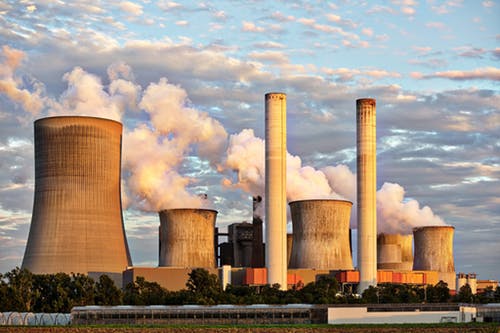
Flue gas is the term used to describe the emitted material produced when fossil fuels are burned for heat or power. Fossil fuels include coal, oil, natural gas and wood. Flue gas often contains contaminants such as mercury, nitrogen oxides, sulphur dioxide and carbon dioxide. Above all, these pollutants can affect air quality if flue gas treatment is not undertaken.
For power plants and similar operations, it is mandatory to use flue gas treatments to decrease the amount of pollutants that are released into the air. That is where dust extraction systems such as scrubbers and electrostatic precipitators can be useful to remove around 90% of pollutants.
All countries have different requirements which can lead to very different treatment processes. In Australia we have the National Clean Air Agreement which we have to follow. It is essentially a plan to work towards a cleaner air future.
If you think your business needs a new or better solution to its emissions problem, give WDIS a call today. We can help find a solution that tailors specially to your needs. For more information on the National Clean Air Agreement go to https://www.environment.gov.au/protection/air-quality/national-clean-air-agreement






